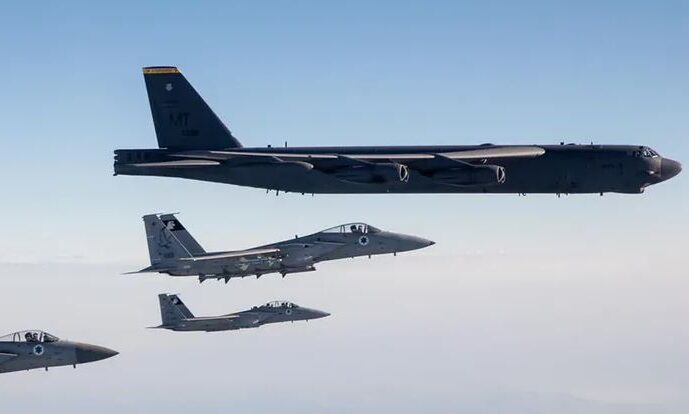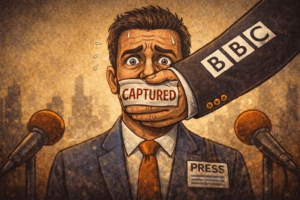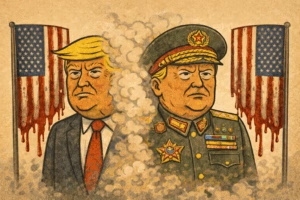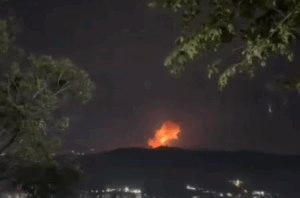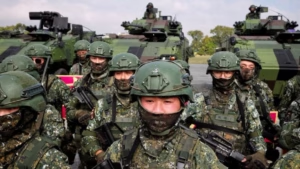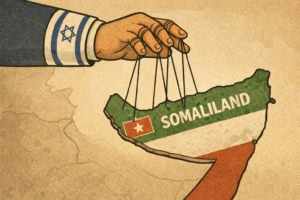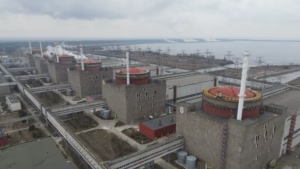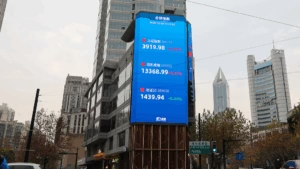According to Seymour Hearsh in his article, he reports that the United States is on the cusp of launching a massive airstrike campaign against Iran, with operations potentially commencing as early as this weekend. This is not speculation. It is the result of weeks of conversations with Israeli security officials and longtime American intelligence contacts—people I have relied on for decades, who know the internal machinery of war planning.
“It will entail heavy American bombing,”
one veteran source told me. The planned operation has been confirmed by a senior Washington official, who claims the situation will remain
“under control”
—but only if Iran’s Supreme Leader, Ali Khamenei,
“departs.”
What is left unsaid, and more importantly, unexplained, is how such a departure would come about. Short of assassination—a word none of my sources will put on the record—the logistics of removing a revered religious and political figure who commands millions of followers remain entirely unclear. The chatter inside the Beltway is saturated with talk of missiles, bunkers, and strike packages. But there is an absence of serious discussion, at least that I have heard, about what follows.
“There has been a great deal of talk about American firepower and targets inside Iran, but little practical thinking, as far as I can tell, about how to remove a revered religious leader with an enormous following,”
one of my oldest sources told me bluntly.
The bombing is not theoretical. According to multiple sources, the White House has signed off on a full-scale attack, targeting critical infrastructure. Chief among these are the uranium enrichment centrifuges buried roughly eighty metres beneath the ground at Fordow. Yet, as of this writing, those particular targets remain untouched.
Why? The delay, I am told, comes directly from Donald Trump himself.
According to senior officials briefed on the discussions, Trump requested the operation be delayed until after the weekend, specifically to avoid roiling financial markets. He reportedly wants the initial shock of the bombing to dissipate ahead of Wall Street’s opening bell on Monday.
“The delay has come at Trump’s insistence because the president wants the shock of the bombing to be diminished as much as possible by the opening of Wall Street trading on Monday,”
one source told me.
Let that sink in. A decision of war, potentially plunging the Middle East into deeper chaos, is being timed to protect American financial sentiment.
Publicly, the administration is sending mixed messages. A report published in The Wall Street Journal claimed the president had already approved the operation. Trump pushed back on that narrative on social media, insisting that he had not yet settled on a course of action.
“He had yet to decide on a path forward,”
the president posted.
Behind closed doors, however, the machinery of war appears fully engaged. Strategic bombers are repositioning. Intelligence assets have intensified surveillance. And my contacts in the intelligence community—most of whom served in previous administrations—tell me there is a quiet but urgent concern: not about the bombing itself, but about the aftermath.
What happens if Khamenei survives? What happens if he does not? What fills the vacuum? Who benefits?
These are not idle questions. But they are questions, I fear, that are being sidelined in favour of a show of force whose timing is dictated more by domestic political calculations than by long-term strategy.

